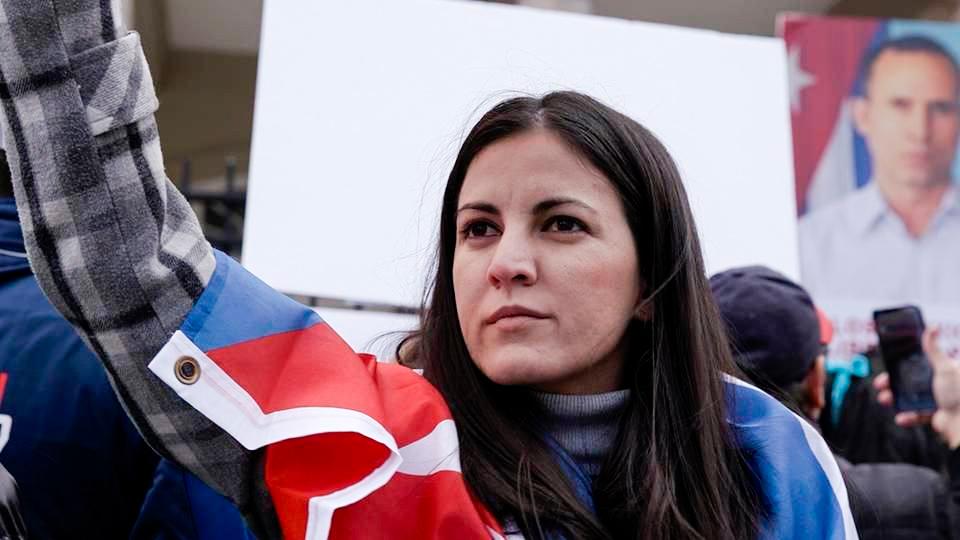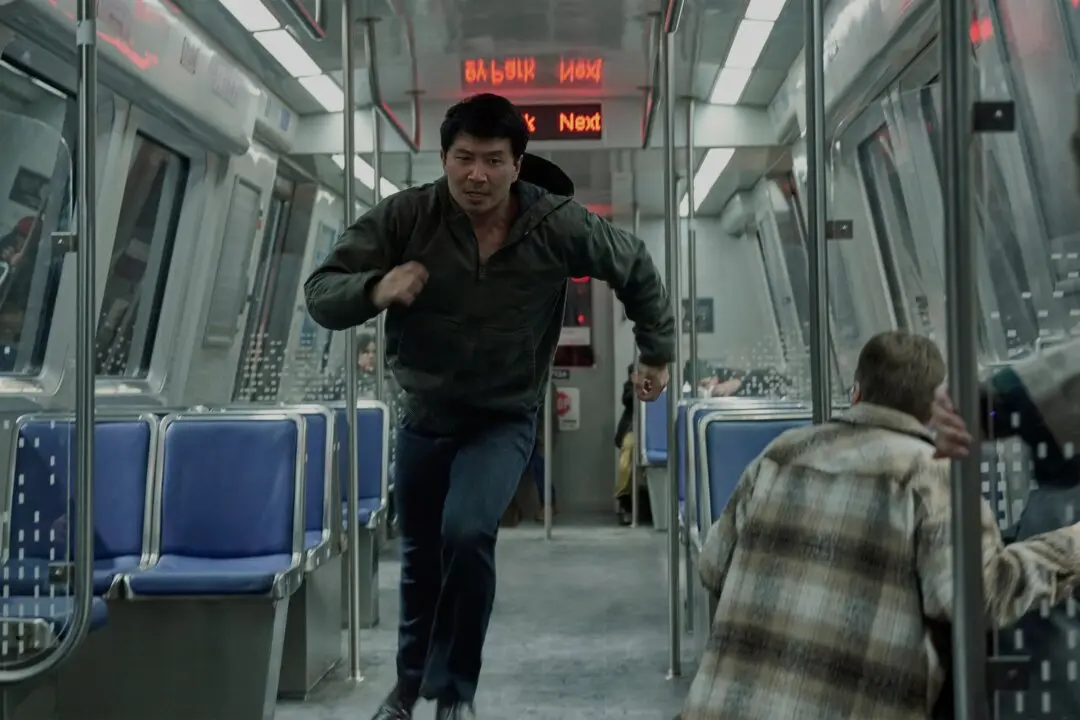TV-MA |1h 32m | Documentary | 2024
Advocating for democracy in Cuba has been Rosa María Payá’s family business—and business has been a struggle. Her father, revered democracy advocate Oswaldo Payá, was killed in 2012 when the car he was riding in was reportedly rammed by another vehicle with Cuban government plates.





